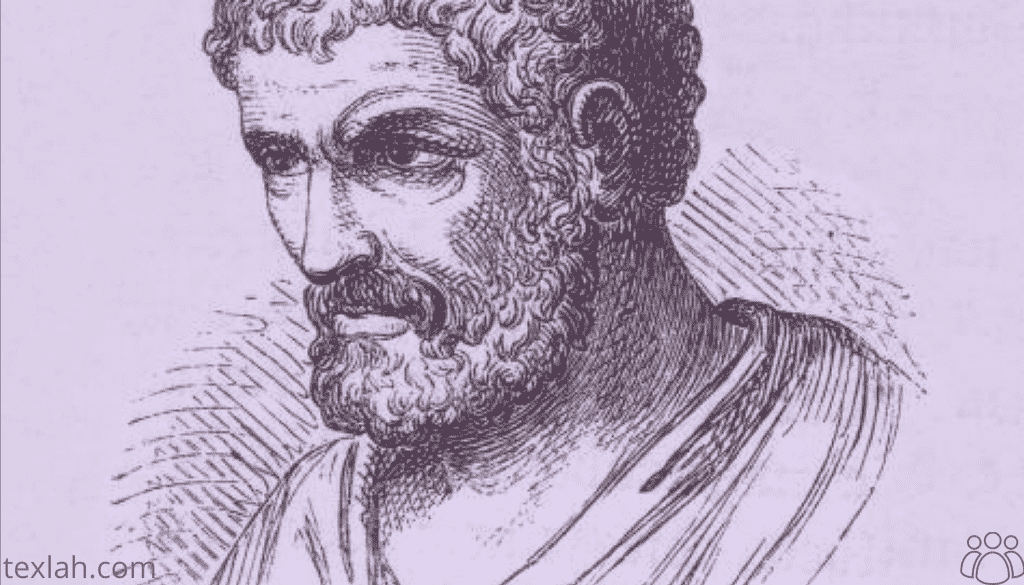
Euclid
Euclid, often referred to as the "Father of Geometry," was a renowned ancient Greek mathematician whose contributions laid the foundation for the study of geometry as we know it today. In this comprehensive article, we will delve into the life, works, and enduring legacy of Euclid, exploring the impact of his teachings on the world of mathematics.
Who Was Euclid?
Euclid, born around 300 BCE in Alexandria, Egypt, was a mathematician and educator whose seminal work, "Elements," became one of the most influential mathematical texts in history. Little is known about his life, but his legacy endures through his profound impact on the development of geometry and the logical structure of mathematical proofs.
The Elements of Euclid
Euclid's most famous work, "Elements," is a collection of books covering a wide range of mathematical topics, including geometry, number theory, and mathematical logic. The 13 books of "Elements" provided a systematic approach to understanding geometry, presenting definitions, postulates, and propositions in a logical and deductive manner.
The structure of "Elements" has greatly influenced the way mathematics is taught and studied. Each proposition builds upon the previous ones, creating a coherent and interconnected system of geometric knowledge. Euclid's emphasis on rigorous proof and logical reasoning has set the standard for mathematical thinking for over two millennia.
Key Concepts in Euclidean Geometry:
1. Euclidean Space:
Euclidean geometry is based on the fundamental concept of Euclidean space, a mathematical space with specific properties. In two dimensions, it consists of points, lines, and planes, while in three dimensions, it includes additional elements like spheres and polyhedra.
2. Axiomatic System:
Euclid's approach to geometry involves a set of axioms or self-evident truths from which all other theorems and propositions are deduced. This axiomatic system provides a solid foundation for logical reasoning and proof in geometry.
3. Parallel Postulate:
One of the most debated and studied aspects of Euclidean geometry is the parallel postulate. Euclid's fifth postulate, which deals with parallel lines, has been a subject of exploration and modification by mathematicians for centuries, leading to the development of non-Euclidean geometries.
Euclid's Legacy and Influence
Euclid's "Elements" remained the primary textbook for the teaching of mathematics for centuries, shaping the way students learned geometry. Even after the discovery of non-Euclidean geometries in the 19th century, Euclidean geometry continues to be a fundamental part of mathematical education.
The enduring influence of Euclid's work extends beyond the realm of mathematics. His emphasis on rigorous reasoning and logical proofs has had a profound impact on various scientific disciplines and has influenced the development of Western intellectual thought.
Conclusion: Euclid
In conclusion, Euclid's contributions to the world of mathematics, particularly in the field of geometry, are immeasurable. His "Elements" remains a testament to the power of logical reasoning and the enduring nature of mathematical principles. As we continue to explore and expand our understanding of mathematics, we owe a debt of gratitude to Euclid, the visionary mathematician who laid the groundwork for centuries of mathematical inquiry.
You Can explore more insightful content from Texlah.